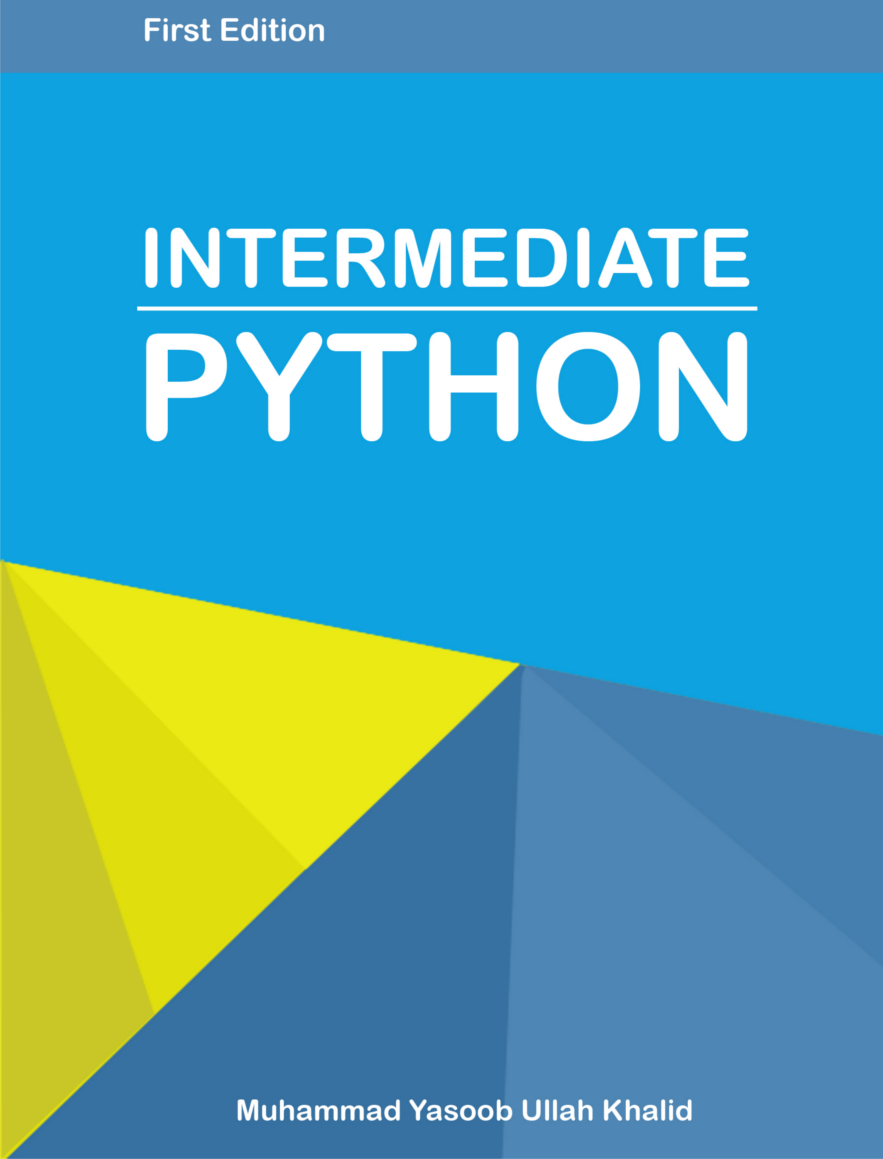Why should you use namedtuple instead of a tuple?
Hi there guys! You might already be acquainted with tuples. A tuple is a lightweight object type which allows to store a sequence of immutable Python objects. They are just like lists but have a few key differences. The major one is that unlike lists, you can not change a value in a tuple. In order to access the value in a tuple you use integer indexes like:
man = ('Ali', 30)
print(man[0])
# Output: Ali
Well, so now what are namedtuples? They turn tuples into convenient containers for simple tasks. With namedtuples you don’t have to use integer indexes for accessing members of a tuple. You can think of namedtuples like dictionaries but unlike dictionaries they are immutable.
from collections import namedtuple
Animal = namedtuple('Animal', 'name age type')
perry = Animal(name="perry", age=31, type="cat")
print(perry)
# Output: Animal(name='perry', age=31, type='cat')
print(perry.name)
# Output: 'perry'
As you can see that now we can access members of a tuple just by their name using a .. Let’s disect it a little more. A named tuple has two required arguments. They are the tuple name and the tuple field_names. In the above example our tuple name was ‘Animal’ and the tuple field_names were ‘name’, ‘age’ and ‘cat’.
Namedtuple makes your tuples self-document. You can easily understand what is going on by having a quick glance at your code. And as you are not bound to use integer indexes to access members of a tuple, it makes it more easy to maintain your code. Moreover, as namedtuple instances do not have per-instance dictionaries, they are lightweight and require no more memory than regular tuples. This makes them faster than dictionaries.
However, do remember that as with tuples, attributes in namedtuples are immutable. It means that this would not work:
from collections import namedtuple
Animal = namedtuple('Animal', 'name age type')
perry = Animal(name="perry", age=31, type="cat")
perry.age = 42
# Output: Traceback (most recent call last):
# File "<stdin>", line 1, in <module>
# AttributeError: can't set attribute
You should use named tuples to make your code self-documenting. They are backwards compatible with normal tuples. It means that you can use integer indexes with namedtuples as well:
from collections import namedtuple
Animal = namedtuple('Animal', 'name age type')
perry = Animal(name="perry", age=31, type="cat")
print(perry[0])
# Output: perry
Last but not the least, you can convert a namedtuple to a dictionary. Like this:
from collections import namedtuple
Animal = namedtuple('Animal', 'name age type')
perry = Animal(name="perry", age=31, type="cat")
perry._asdict()
# Output: OrderedDict([('name', 'perry'),
# ('age', 31), ('type', 'cat')])
I am sure that you learned a thing or two in today’s post! Let me remind you that I am writing a book on Python which would include things like this. If you want to be the first one to know when it comes out then signup to my mailing list. I also send out a weekly newsletter containing interesting and informative links related to Python which I come across every week. If you have any question then don’t hesitate to ask! I love to answer 🙂 You can approach me through Email, Twitter or Facebook. Goodbye!




Pedro Vagner
Yasoob
In reply to Pedro Vagner
Paul
Yasoob
In reply to Paul
Jan Stoker
Cuahutli